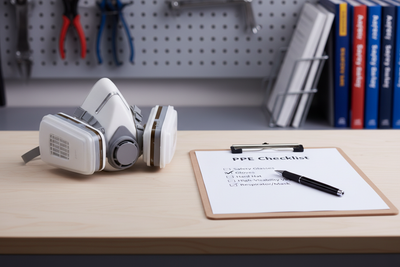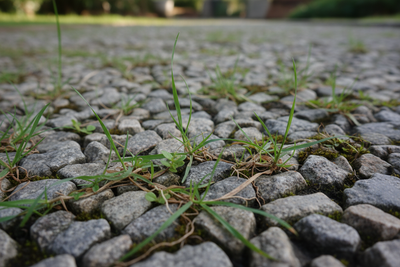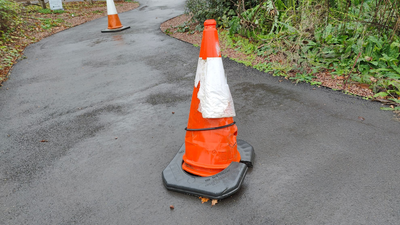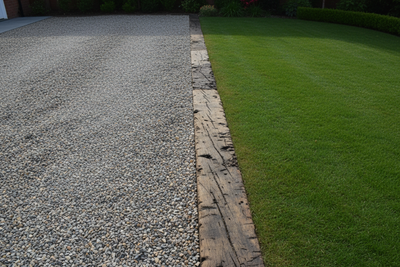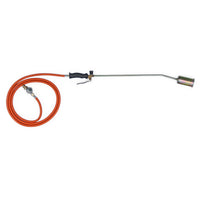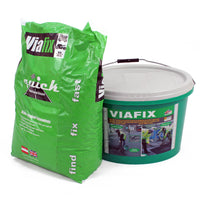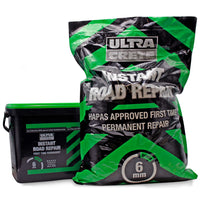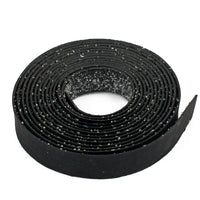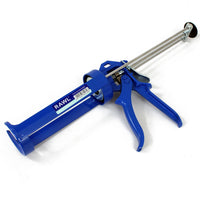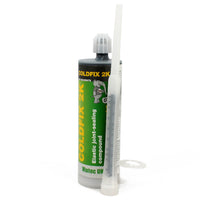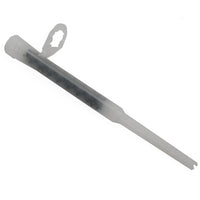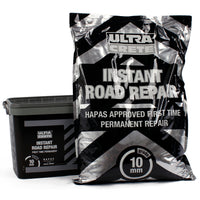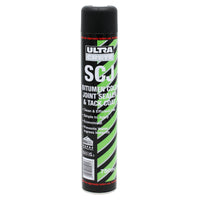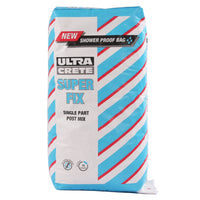How To Lay Cold Lay Tarmac: A Step-by-Step Guide
Cold lay tarmac is used to efficiently and effectively repair damaged areas on roads, paths, and driveways – as well as many other sites.
It’s a cost-effective, ready-to-use solution that’s ideal for fixing potholes, as it only requires a limited amount of manpower and tools to apply.
Cold lay tarmac sets quickly, so the road or path you’re repairing can be reopened swiftly.
Despite how easy it is to deploy, repairs with cold lay tarmac are durable and aesthetically pleasing, blending seamlessly with pre-existing surfaces.
In this guide, Start Safety’s experts take you through everything you need to know when it comes to cold lay tarmac, including a step-by-step process, tips for setting, and laying conditions.
How does cold lay tarmac work?
Cold lay tarmac is considered an instant pothole repair solution, as it only needs to be applied to the repair site and compacted. This is instead of it needing heating or melting like traditional tarmac.
When compacted, the product binds together, creating a strong, cohesive layer. Over time, exposure to traffic pressure and the natural settling process helps the tarmac harden further, improving its strength and durability. Its formulation means it adheres well to various surfaces, making it an effective solution for quick repairs.
How to use cold lay tarmac
Cold lay tarmac is straightforward to use, which is why it’s such a useful material when it comes to repairing surfaces.
However, there are still a few things you should keep in mind when deploying it.
Decide on which cold lay tarmac you need
There are several types and sizes of cold lay tarmac, so make sure you’re ordering a kit that suits your needs.
Depending on the surface you’re repairing, you’ll need a different ‘grade’ of cold lay tarmac. This refers to the aggregate size. For example, 6mm is ideal for footpaths and driveways, while 10mm is typically used for road repairs. If in doubt, it’s always better to match the aggregate size to what’s already around the repair site.
You should also consider the packaging format, as cold lay tarmac can come in small, 25kg quick bags, which are great for repairing a pothole of 1m², at a depth of 10mm (0.01 m³). You can also get resealable tubs, or more cost-effective one-tonne bulk bags if you require a lot of material in a short period of time.
Prep the repair area
You’ll need to clean the pothole or damaged area using a stiff brush before deploying your cold lay tarmac.
Remove any debris and dirt from inside the hole, and any standing water if necessary. For some products, like Viafix Instant Pothole Repair, this won’t be required as it’s water-activated.
Use a joint sealant
Some cold lay tarmac products also recommend using tarmac sealant to seal the edges of the pothole, so double check the instructions to see if this will also be required before deploying the solution.
Pour in the cold lay tarmac
Fill the hole with the cold lay tarmac, ensuring that you pour enough of the solution to fill just beyond the depth of the hole.
With some cold lay tarmac products, you can put any excess solution back into the tub and reuse it within 24 hours.
Pack down the solution
Then, pack down the cold lay tarmac with a rammer or wacker plate so that it’s level with the pre-existing surface.
This will activate the solution and allow it to set effectively, leaving no air pockets or cracks where water could seep in.
With products like Viafix, you then may need to soak the solution in water again.
Use overbanding tape or tarmac sealant
As an optional extra step, you could then use overbanding tape or tarmac sealant to seal the repair with the pre-existing surface. This helps the repair last longer by preventing water penetrating the seam.
Overbanding tape is suitable for repairs with straight edges, while tarmac sealant is ideal when the edge of the repair is more jagged.
Some tarmac sealants might require a resin gun, and others come in spray form.
For overbanding tape, you’ll need a blow torch to melt the tape and fuse the new and existing surfaces together.
How long does cold lay tarmac take to dry?
Cold lay tarmac can take between 24 and 48 hours to set, but this can vary depending on the conditions.
However, the great thing about the products sold at Start Safety is that they are instantly trafficable, meaning it won’t stick to tyres or rut while it’s setting. With most products, you can even use a vehicle to help with the packing down process.
What to do if your cold lay tarmac is not setting
If your cold lay tarmac isn’t setting, it may be because it hasn’t been fully compacted.
Instead of using a manual compaction device like a rammer, try using a mechanical wacker plate to fully activate the solution.
You should also ensure that the cold lay tarmac has been properly stored. Most products recommend storing in temperatures of between 2°C and 30°C.
Can you lay cold lay tarmac in cold weather?
Cold lay tarmac products can be laid in cold weather, which is what makes them so versatile and effective.
This is because cold lay tarmac doesn’t include any materials that can freeze. If you are laying cold lay tarmac in extreme temperatures, double check the label to make sure it can still be used.
Can you lay cold lay tarmac in the rain?
You can lay some cold lay tarmac in the rain, and some products may even be water-activated.
This is another advantage of some cold lay tarmac compared to traditional tarmac, which is generally less effective in wet conditions.
If in doubt – always check the label on the product you have purchased.
How long does cold lay tarmac last?
Most cold lay tarmac products have a shelf life of six months, providing they are stored correctly – in temperatures between 2°C-30°C.
Smaller, quick bags may have a slightly shorter shelf life, while tubs will generally have a longer shelf life, sometimes as long as 12 months.
If you need further information on cold lay tarmac and which products you require, call our trained sales team on +44 (0)1905 794875. We can also discuss special delivery needs and discounts for bulk quantity requirements.
- Author
